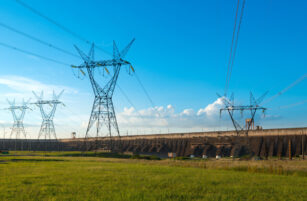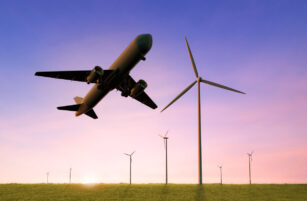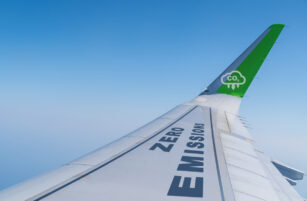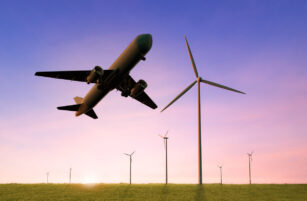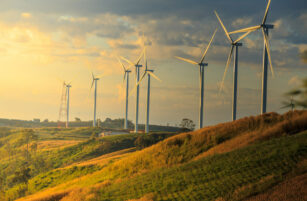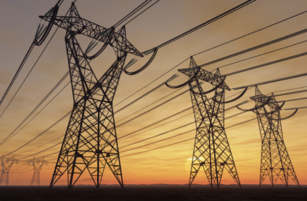Main focus
- The Ministry of Mines and Energy (MME) hopes to hold the emergency reserve auction in October.
- Given the worsening of the water crisis, generators responded to the National System Operator (ONS) about the possibility of flexibilization of the minimumlevel of generation in seven reservoirs in the Paraná basin
- Next year, energy tariffs may increase, on average, up to 5%, without considering inflation
A week in full swing…

Speaking of dynamics, the Ministry of Mines and Energy (MME) hopes to hold an emergency reserve auction in October,with projects that start operating in early May 2022 and guarantee supply until December 2025. Marisete Pereira, told MegaWhat that there is a possibility of early delivery of the generation, as long as the necessary conditions are met, such as environmental licensing, flow capacity and connection point.
Another capacity reserve auction, which was already scheduled for December 21, 132 projects were registered and more than 50 GW of installed capacity. Of the total power, about 47 GW comes from natural gas-fired thermoelectric plants, and more than 9.4 GW comes from existing plants.
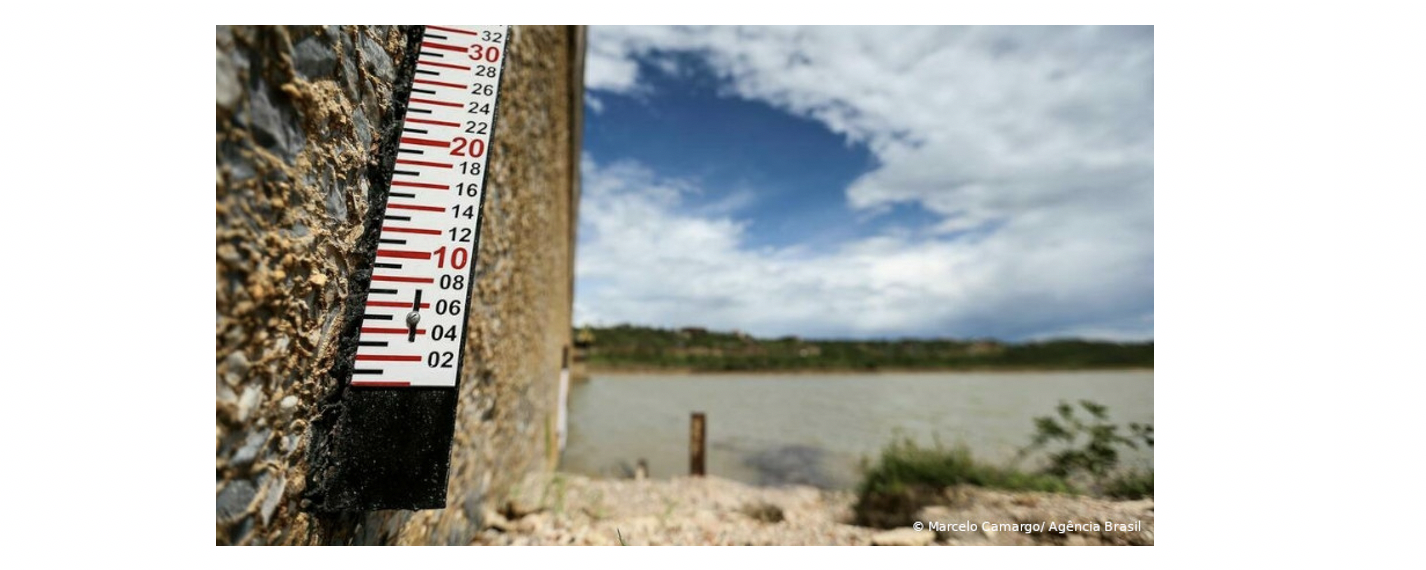
While this new power does not enter the system, and in view of the worsening of the water crisis, generators responded to the National System Operator (ONS) about the possibility of flexibilization of the minimum level of generation in seven reservoirs in the Paraná basin.
But two new (and long-awaited) breaths for the system arrived this week. The GNA I thermoelectric plant, with more than 1.3 GW of power, was released for commercial operation on Thursday, September 16, and the voluntary demand reduction program for large consumers received good demand, according to the market, and it may have come to stay,being a measure beyond the water crisis.
The Brazilian Aluminum Company (CBA) , it even announced its adhesion to the program, without generating any impact on aluminum production. In this second semester, the company foresees the maintenance of energy consumption around 700 average MW.
And with the funds that are already being collected, energy tariffs may increase, on average, by up to 5%, without considering inflation, next year, according to PSR calculations, a relatively lower rate of increase than the initially planned.
However, for experts, the government is neglecting a great potential to fight the water crisis and reduce costs: energy efficiency actions. Only the implementation of an adequate periodicity for the review of the energy efficiency standards of refrigerators and air-conditioners would result in savings of about 1.4 MW average, equivalent to 25.3% of the 5.5 MW average estimated by the National Operator of the Electric System (ONS) as necessary to avoid rationing in the coming months.



